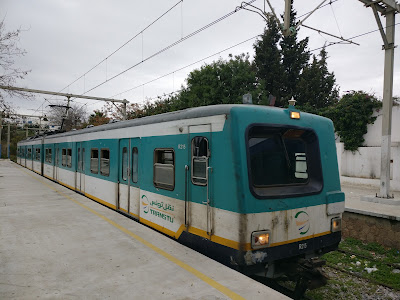Increasing Crowds of Tourists in Malta Highlights Both Scarcity of Resources and the Opportunities to Make Money Filling the Gap

The central bus stop at the little town of Marsalforn was inundated with a sense of impatience. The dozens of people gathering in the little square could not stop staring at the road leading to the bus stop, as if a more intense stare could get the bus to show up faster. On the mobile app of Malta Public Transport, the bus was shown as a mere 4 minutes away, but with one bus coming every 30 minutes or so, everyone was getting visibly jittery as to whether the small bus could fit everyone in the bumpy journey to the central bus terminal in Victoria, the capital of Gozo Island, only some 6km away.















